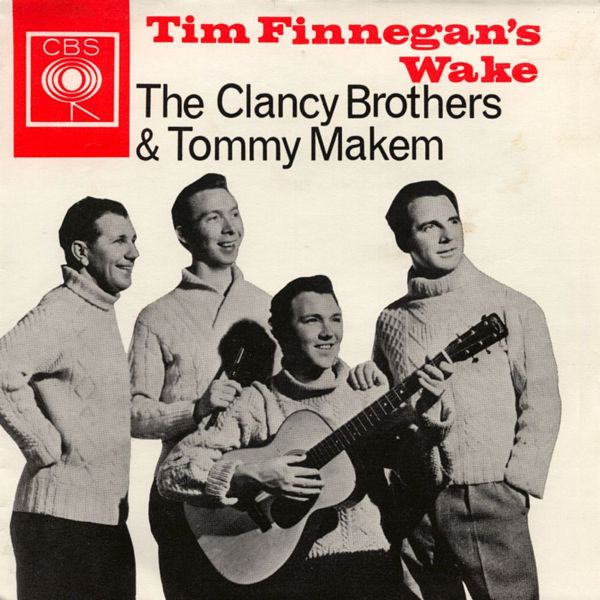MENU

Tim Finnegan's Wake (UK)
- Tim Finnegan's Wake
- 1964 - CBS AGG 20046 EP (UK)
- Side One
- Tim Finnegan's Wake
- Port Lairge
- Haul Away Joe
- Side Two
- Young Roddy McCorley
- A Jug of Punch
- Reilly's Daughter
- Notes
- This EP is the entire side two of the album A Spontaneous Performance (1961)
- While these tracks were first published in 1961, I don't believe this EP was released until 1964
- See 45cat for additional releases …





